
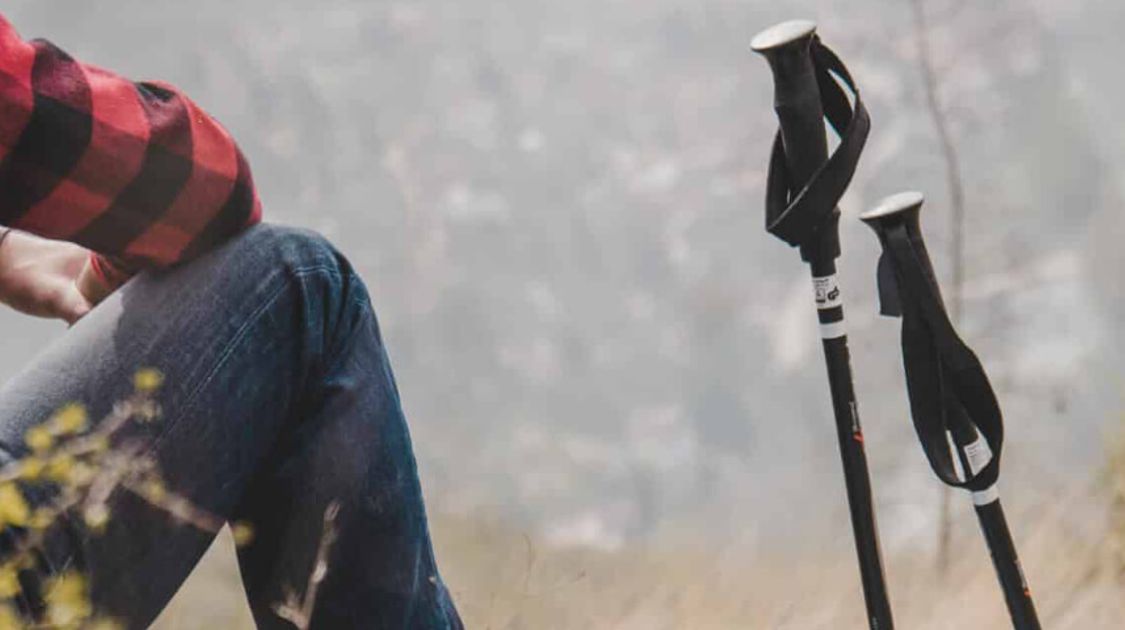
BlogTravel Tips10 Travel Safety Tips for Solo Travellers Over 50
10 Travel Safety Tips for Solo Travellers Over 50
Alex Todd
Dec 25, 2025
Travelling solo in your 50s, 60s, 70s - these are powerful years. You carry decades of wisdom, resilience, perspective. The world is wide, and you deserve to explore it, not just dream about it. That said, smart preparation ensures your journeys are not just unforgettable, but safe, enjoyable, and deeply meaningful.
Here are 10 safety tips, especially for solo travellers over 50. Practical advice grounded in experience, plus reminders of just how much is waiting for you when you say “yes” to the journey.
Ten Essential Travel Tips for Travellers 50 Plus
1. Choose the Right Tour or Format
You don’t have to go it 100% alone unless you want to. Many prefer joining a small group or taking a self-guided tour, so that much of the logistics, safety checks, and navigation are managed.
For instance, check out our post Self-Guided Travel: How to Navigate With a GPS on Your Adventure Holiday - it shows how self-guided trips provide freedom and safety when routes, nav tools, and logistics are well thought out.
2. Research Your Destination Thoroughly
Know local customs, norms, political stability, health care quality, and climate. What is the crime level, especially for solo travellers at night? How easy is it to reach emergency services?
If you’re considering somewhere less crowded and more authentic (but still safe), read An Extensive Travel Guide to Slovenia. There are sections on travel safety, getting around, and best times to visit.
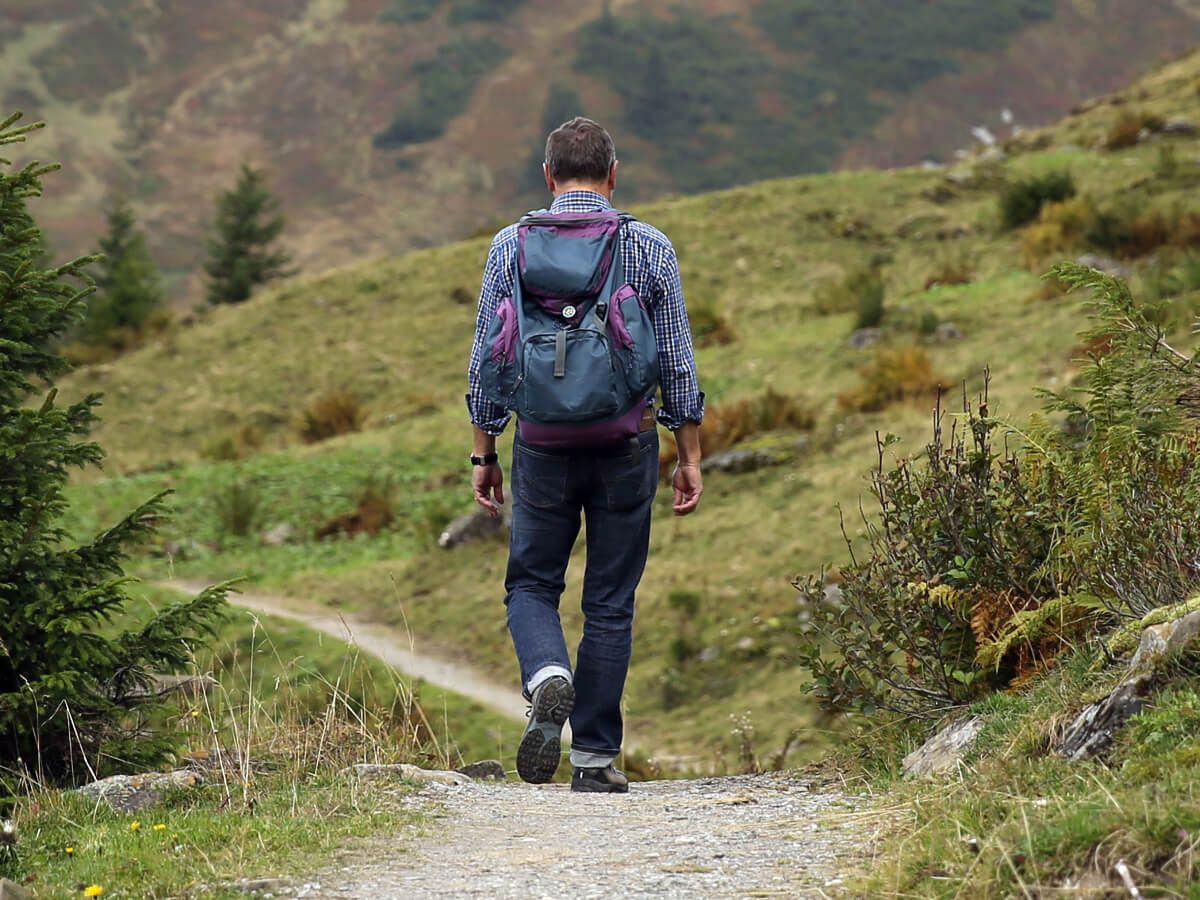
3. Stay Healthy: Medical Prep Matters
- Visit your doctor ahead of time; get needed vaccinations, renew prescriptions.
- Carry a small medical kit with essentials; keep copies of prescriptions.
- Know how to access medical care locally, what insurance covers, etc.
4. Travel Insurance & Backup Plans
Everyone thinks “I’ll be careful,” and that’s important, but backup matters. Travel insurance is your safety net. Make sure yours covers medical evacuation, lost or stolen items, trip cancellations.
Also:
- Keep digital and physical copies of important documents: passport, insurance policy, emergency contacts.
- Leave copies with someone you trust.
- Have backups of your itinerary and let someone at home know of your plans.
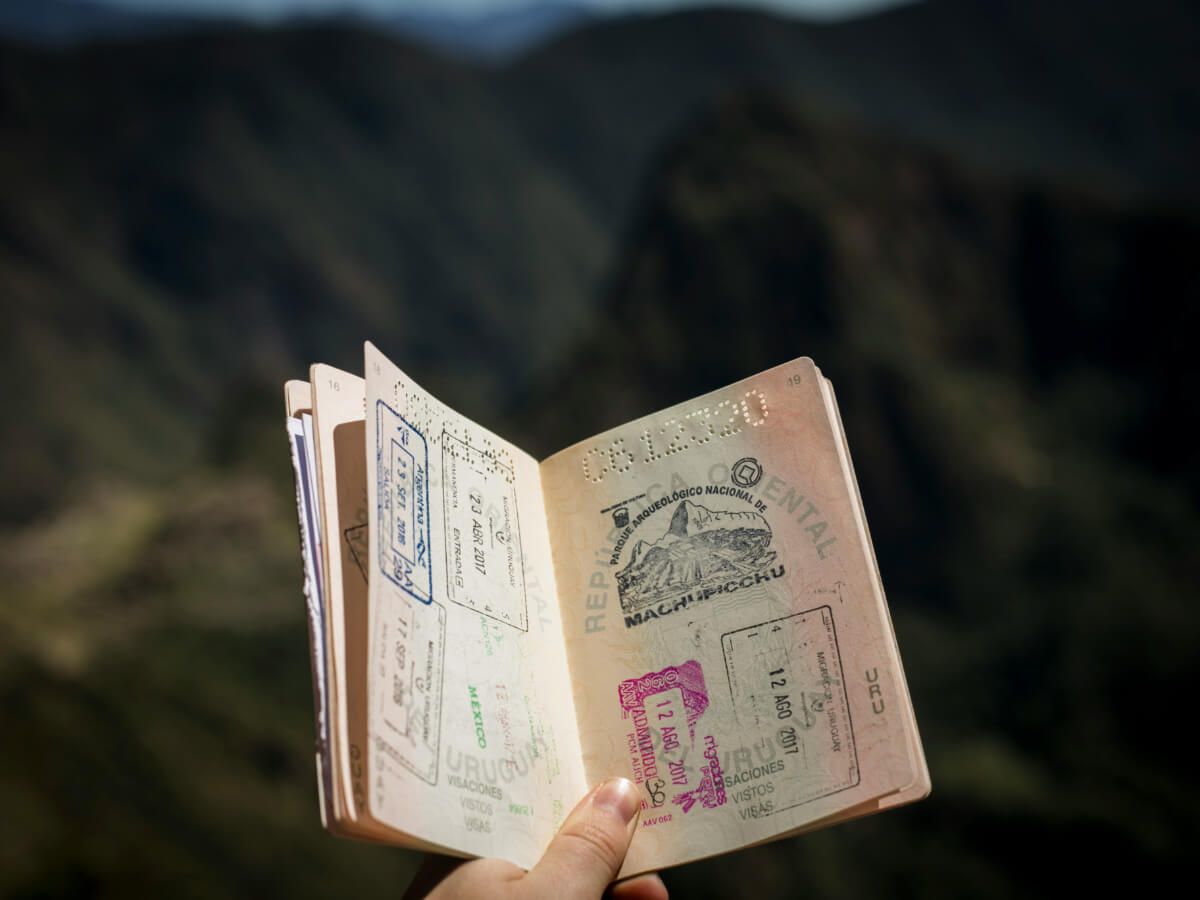
5. Choose Accommodations Wisely
Where you stay is a big piece of your safety puzzle:
- Aim for lodgings in safe, well-lit areas.
- If possible stay on floors safe in emergencies, but not so high that stairs become problematic.
- Check reviews for safety, accessibility, staff responsiveness.
- If you prefer, consider tours that offer private rooms or single-room options, which many 10Adventures tours provide in small group or self-guided formats.
6. Pack Smart
Less is more, especially when travelling alone: fewer bags = fewer things to manage. But smart essentials will give you peace of mind:
- A money belt or hidden pouch for valuables.
- A hands-free day bag.
- Light layers, clothes that respect local norms.
- A flashlight or headlamp.
- Portable charger(s).
- Emergency contacts + copies of IDs.
For guidance on compact, effective packing, see Useful Tips for Travelling Light.
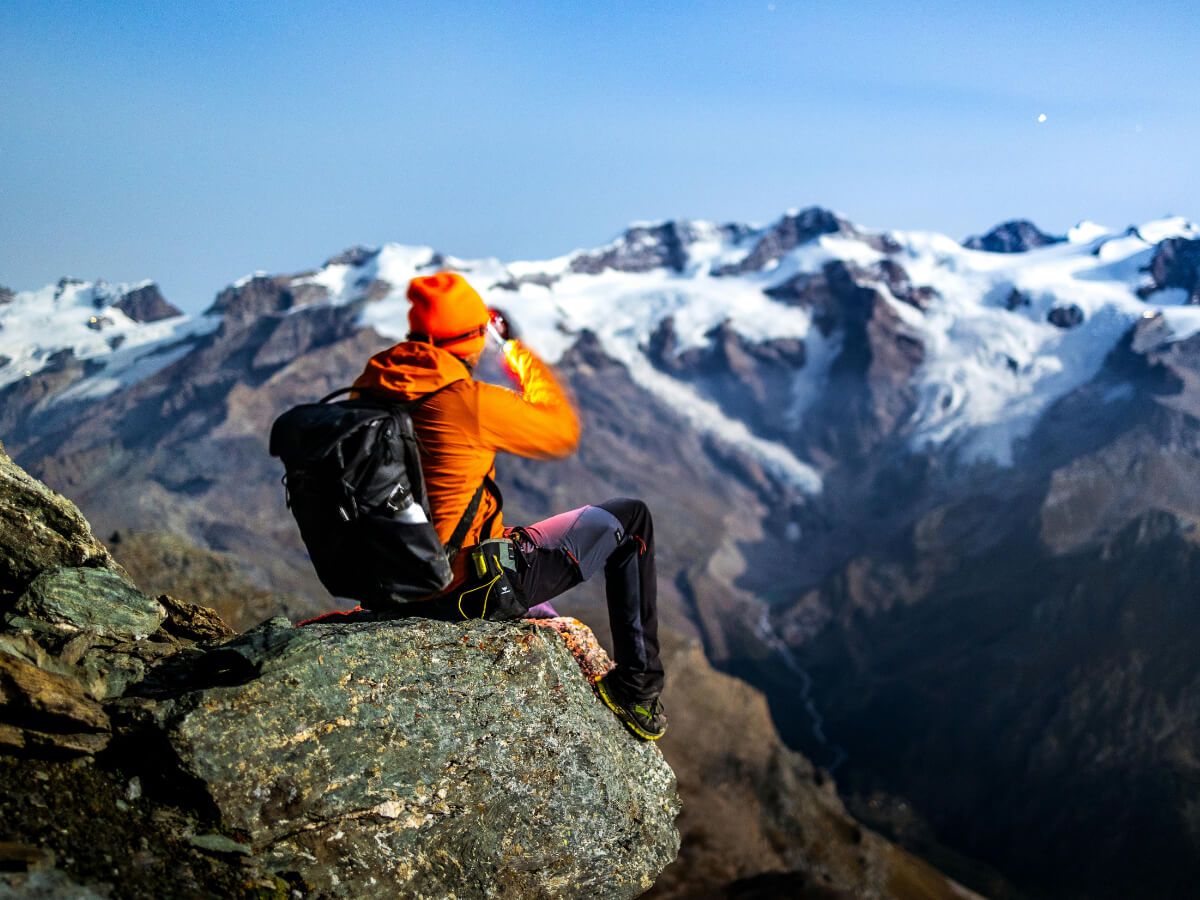
7. Stay Connected
You’re never truly “off grid” unless you choose to be.
- Local SIM or an international roaming plan so you can call if needed.
- Apps with offline maps.
- Share your location or check in with someone regularly.
8. Trust Your Instincts & Be Mindful of Your Surroundings
Experience gives you something younger travellers often don’t: the intuition to notice discomfort, to sense when something isn’t right.
- If a neighbourhood feels unsafe, leave.
- Don’t flaunt valuables; try to blend in.
- At night, stick to well-lit, populated routes or use arranged transfers or trusted transport.
9. Know Where Help Is, & How to Ask for It
- Learn a few basic phrases in the local language (or have them handy on your phone).
- Know the local emergency numbers.
- Know where your country’s embassy/consulate is.
- In remote or mountainous regions, check whether evacuation or rescue services are available.
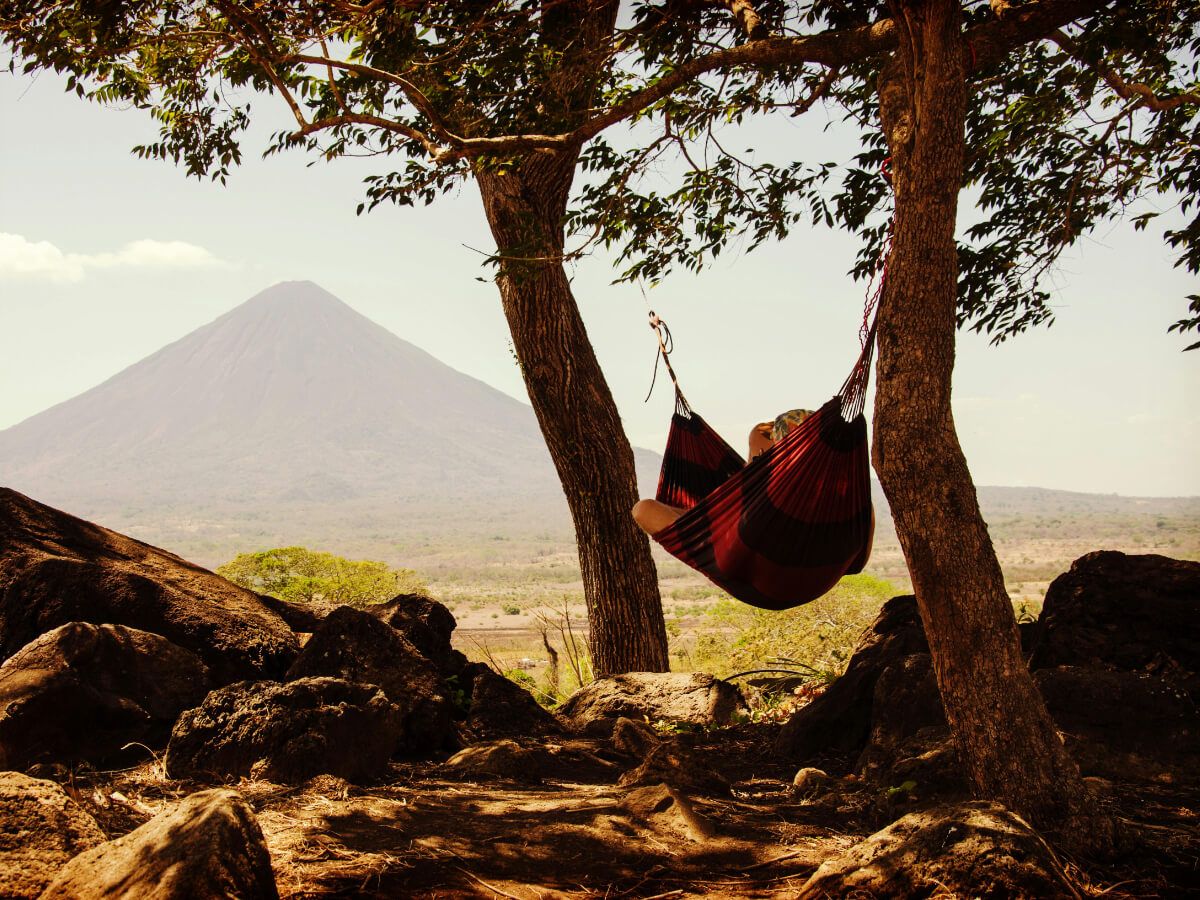
10. Take Care of Mental & Emotional Safety, Too
Solo travel isn’t just about physical safety. It’s about comfort, confidence, and being emotionally equipped.
- Accept that travel brings challenges and fears - that’s normal.
- Balance alone time with social connection: local conversations, guided hikes, group meals.
- Avoid over-scheduling. Rest is part of the journey.
Why These Tips Matter. And Why You Should Take the First Step
You’ve already got so much in your favour:
- You have life experience. You’ve managed uncertainty. You know discomfort, so you can recognize it, respond, recover.
- Your time now might allow more flexibility: pace, interests, willingness to follow your curiosity.
- Solo travel often leads to transformation: new friendships, self-discoveries, more vivid memories.
If you’re reading this, something in you is saying yes. Maybe that’s curiosity. Maybe it's the feeling you’ve postponed enough. Maybe it’s longing.
Here are a couple more thoughts to help you leap:
- Our article 10 Tips to Tackle Summer Travel covers useful safety and comfort ideas for warm weather travel - good to read even for non-summer trips.
- Also, Changing Your Life With a Bucket List Adventure reminds you of the power of finally saying “I will go,” and how adventure can change your life, not just fill your Instagram feed.
Final Thoughts on Travel Safety
No journey is entirely without risk. But risk does not mean danger. With the right mindset, the right planning, and supportive frameworks, solo travel over 50 can be one of the richest chapters of your life.
Imagine waking up to a sunrise over a mountain ridge, wandering through a quiet village alley, sipping tea in a café where no one knows your name, but you know you belong.
The world is waiting. Your story doesn’t need another chapter of “someday.” Contact a travel advisor and let us help you write “today.”
Recent stories

Bucket list adventures
Explore North America’s Parks in 2026
This article is part of our feature on the Top 10 Bucket List Adventures by 10Adventures.
Nadine Gravis
Feb 4, 2026

Trip guides
Planning your trip to Canmore in 2026
Just south of the world-famous Banff National Park, in the heart of the Bow Valley, you’ll find the quaint mountain town of Canmore.
Lynn W
Feb 3, 2026

Trip guides
Planning A Trip To Kananaskis Country
Head south from Banff National Park and find an undiscovered series of Provincial Parks known locally as Kananaskis Country.
Lukas Saville
Feb 2, 2026